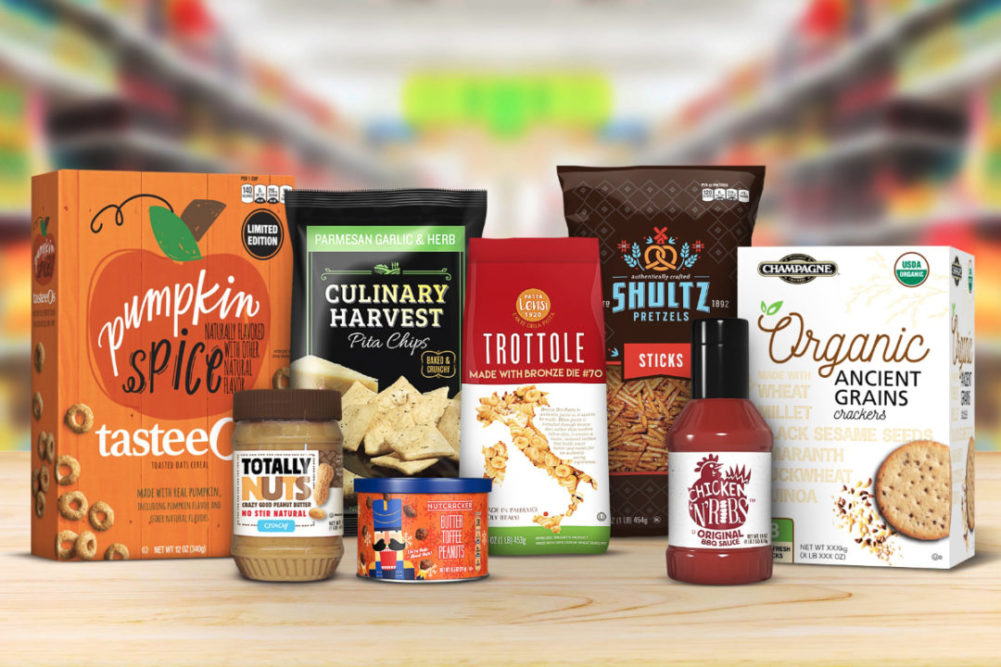OAK BROOK, ILL. – TreeHouse Foods, Inc. is struggling to keep pace with demand. Supply chain challenges ranging from a lack of labor to logistics problems have put the company in a difficult position.
“Our service levels overall are still in the 90s, but certain categories have been under more pressure and the inherent complexity of private label will continue to pressure our service levels,” said Steven T. Oakland, president and chief executive officer, during a Nov. 8 conference call to discuss third-quarter results. “Nearly all of our Meal (Preparation) categories are currently on allocation, a clear sign that orders are outpacing our disrupted capacity.
“As certain federal stimulus programs expire, we are seeing signs of private label recovery, while at the same time, we are winning new business with existing customers.”
The private label manufacturer is raising prices and investing to meet demand. But the lag in recovering pricing and the costs involved to service customers prompted management to lower TreeHouse Foods’ outlook for fiscal 2021.
“Although we are on track to affect our next formal pricing actions, we will not fully recover all of this year's inflation in the calendar year due to the timing lag,” said William J. Kelley, chief financial officer. “While we are exploring many avenues to mitigate the lack of labor availability and supply chain dynamics, in the near term, our cost to service the customer will be significantly higher.”
Full-year adjusted earnings per share (EPS) are now expected to be in a range between $1.08 to $1.28, down from a range of $2 to $2.50. Sales are expected to be between $4.2 billion and $4.3 billion.
“Our original guidance contemplated input cost headwinds of approximately $100 million to $110 million,” Mr. Kelley said. “The additional inflationary headwind is another $125 million, more than double our original estimate.”
For the quarter ended Sept. 30, net income totaled $6.7 million, equal to 12¢ per share on the common stock, and down from the third quarter of fiscal 2020 when earnings were $12.1 million, or 21¢ per share.
Sales for the quarter rose slightly to $1.1 billion from $1.05 billion the year before.
Meal Preparation, the company’s largest business unit, had sales of $690 million during the quarter, up 7.4%. The increase was attributed to the acquisition of Riviana Foods’ pasta brands.
The Snacking and Beverages business unit had sales of $403 million, up 2%. Volume/mix and higher pricing underpinned the rise in sales.
The same day TreeHouse Foods released its third-quarter results, its board of directors announced it was conducting a strategic review of the business. The board said the review could lead to a sale of the company or the divestiture of a portion of the Meal Preparation business.
Commenting on a divestiture of part of the Meal Preparation business, Mr. Oakland said he would not be surprised if such a transaction approached $2 billion.
“There’s probably $2 billion of businesses that would provide a great scale platform in the private label industry …,” he said. “Those are our cash generators. If we can monetize those and invest heavily in that snacking and beverage, that high-growth platform, that makes sense.”
No timeline was given for when the board may conclude the strategic review.






